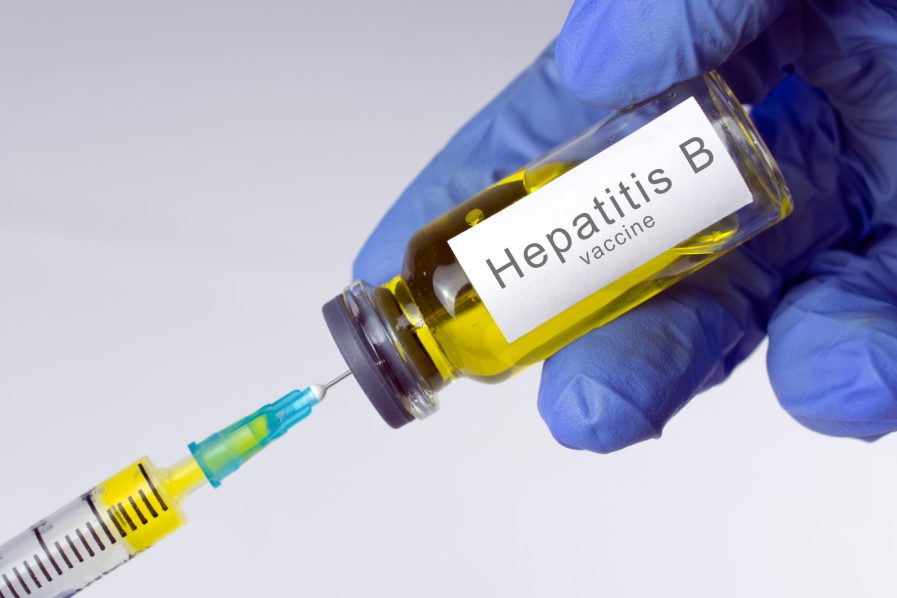
Concerned stakeholders in Taraba State have called on the government at all levels to increase funding for viral hepatitis, urging authorities to allocate resources similar to those provided for HIV/AIDS programmes.
The appeal was made during a project startup meeting organised by the Centre for Initiative and Development (CFID) in Jalingo, the state capital.
The meeting held in the office of the Centre For Initiative and Development (CFID), in Jalingo, the state capital, was aimed at improving access to the prevention of mother-to-child transmission of Hepatitis B, HIV, syphilis, and routine Hepatitis C testing among pregnant women and women of childbearing age.
Representatives from key organisations, including the Nigerian Council of Women Societies (NCWS), the Federation of Muslim Women (FOMWAN), Women Wing of the Christian Association of Nigeria (WOWICAN), the Ministry of Women and Child Development, Traditional Birth Attendants, the Taraba State House of Assembly Committee on Health, Taraba State Primary Health Care Development Agency (TSPHCDA), and State AIDS and STIs Control Program (SASCP), expressed concern over the lack of government support for hepatitis programmes.
Describing viral hepatitis as an “orphan disease” due to inadequate funding, stakeholders urged federal and state governments to provide financial backing for prevention, testing, and treatment, similar to the sustained investment in HIV/AIDS interventions.
While commending CFID for offering free hepatitis testing and treatment, they stressed the need for long-term government involvement.
Representatives from FOMWAN, NCWS, WOWICAN, and the Ministry of Women and Child Development pledged to mobilise women in the five benefiting local government councils to access the free screening services.
They also called for the government to make hepatitis medications and test kits available at no cost, similar to provisions for HIV patients.
CFID’s Chief Executive Officer, Dr. Danjuma Adda, underscored the high prevalence of viral hepatitis in Taraba and across Nigeria, emphasising the urgency of intervention.
He announced that the new project would provide free Hepatitis B screening for all pregnant women during antenatal care.
“Pregnant women who test positive for Hepatitis B will be placed on prophylaxis from the 24th week of pregnancy until their baby receives the final pentavalent vaccine,” Dr. Adda stated.
Additionally, free hepatitis testing, according to him, will be extended to the spouses of pregnant women, stating that measures have been put in place to ensure that all newborns, whether born in health facilities or at home, receive the Hepatitis B birth dose vaccine within 24 hours of delivery.
To further enhance maternal and child healthcare, CFID said it will train health workers in participating facilities to improve the management of viral hepatitis.
Reiterating their demands, stakeholders emphasised that increased government funding for hepatitis programs would significantly improve public health outcomes in Taraba State and Nigeria.






